Taking Over From Legendary Swim Coach Eddie Reese Is Another Legend
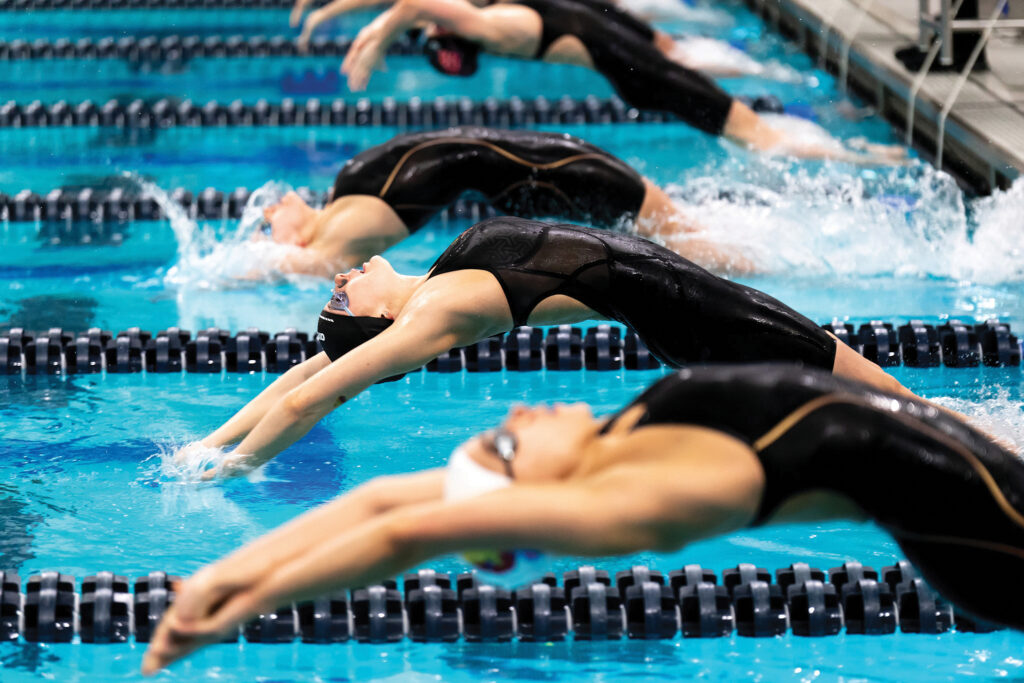
Bob Bowman has never previously lived or worked in Texas, but that doesn’t mean he isn’t coming home. In his case, “home” is a specific little patch of concrete at the Lee and Joe Jamail Texas Swimming Center pool. In 2001, it was there that Bowman watched his 15-year-old swimmer Michael Phelps set his first world record in the “two-fly” (200-meter butterfly) at the World Championship Trials.
“I know exactly where I was standing when he did that,” Bowman says. “One of the first things I did, right after I got the job, was just go to that spot and stand there. Because that always makes me happy.”
Phelps, of course, would go on to set 39 world records and win 28 Olympic medals, all with Bowman as his personal coach as well as a Team USA assistant. And the head coach of those teams at the 2004 and 2008 Olympic Games (where Phelps won six and eight gold medals, respectively)? None other than University of Texas men’s swimming and diving coach Eddie Reese, who retired in March after 46 years (!), during which time his Longhorns won 15 NCAA championships, with 13 second-place finishes and 45 consecutive conference titles.
So if there was anyone in the world who could succeed—nobody wants to say replace—Reese, it’s Bowman, who would eventually serve as a Team USA assistant in 2012 and head coach in 2016. He’s also the reigning NCAA national championship coach, having won the 2024 title in his ninth season at Arizona State on March 30. Two days later, he became the seventh men’s swimming and diving head coach at Texas, while also taking on the newly created title of director of swimming and diving, which means he’ll work closely with women’s coach Carol Capitani (an old friend) and diving coach Matt Scoggin.
Bowman spoke to the Alcalde via phone from Colorado Springs, Colorado, where he takes his swimmers for altitude training every off-season.
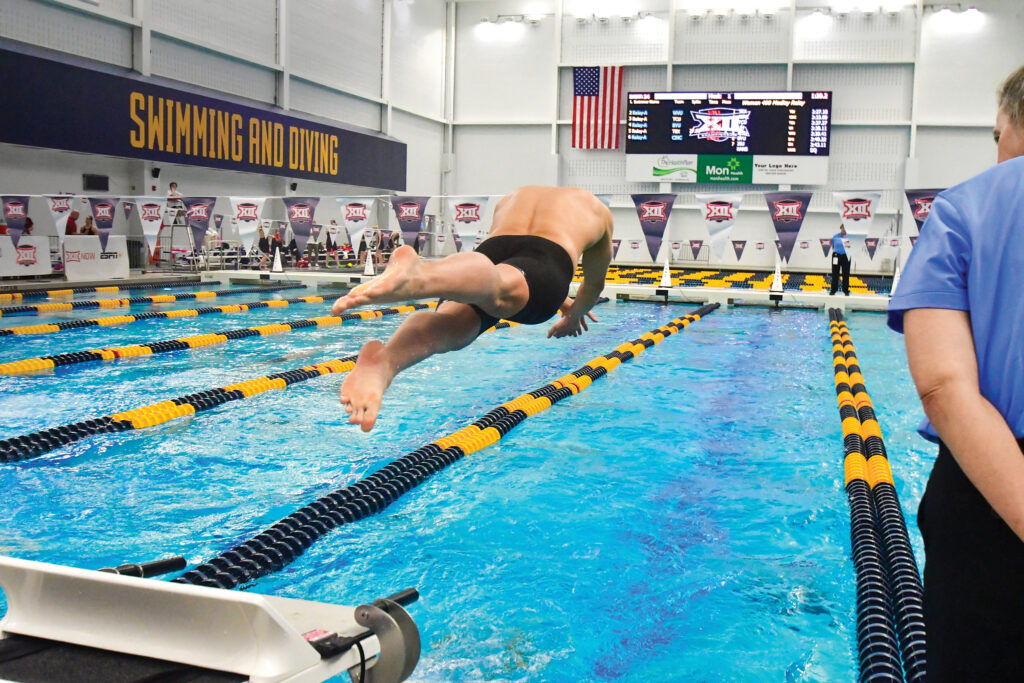
You’ve said this was your dream job. Is it one that you thought might never be available?
Yeah, I didn’t really think it was going to be available. Or that I would be able to take it. It just seemed like the timing might not be good.
It sounds like [UT Executive Senior Associate Athletics Director for Sports Administration] Sarah Baumgartner and Chris Del Conte asked you about the job before the season was over, and you kept them at bay. But was it hard not to have that in the back of your mind?
It was hard, and it was in the back of my mind. But we spent such a long time building up to our championship season at ASU that I wasn’t going to let anything stand in the way of those guys having the best chance to win. So while it was kind of in the back of my head, I just tried to keep it there until I could put more attention to it.
You led Arizona State to its first NCAA championship. Was the fact that Texas sets an even higher bar part of the appeal?
I knew about the history of swimming in Texas. It’s been a big part of USA Swimming, of course, and international swimming. I thought it might be a great challenge to see if we could build off Eddie’s legacy. Nobody replaces him, right? His record is just … it’s unattainable by the rest of us mere mortals. But we can do our very best to see if we can progress and continue that legacy.
How much do you think you will try to change—or “reimagine,” as you’ve put it—what Texas Swimming and Diving can be?
We’re going to work more closely with the women’s program. The foundation of the program stays the same. The attitude is the same. The expectations are the same. The standards are going to be very high, as they’ve always been. The main changes will be in the day to day, how all that’s delivered. I’ll just be doing it my way, which is quite different from how Eddie does it in some ways, and quite similar in many ways.
How much of the job is about individual skill development and technique, and how much of it is about team building and roles and chemistry?
To me, it’s about helping each individual be their best. And to do that, you have to create an environment [with] like-minded people. You have to have the right people on the bus. You have to get the wrong people off the bus. And then you have to have everybody in the right seat on the bus. This is quoting [author] Jon Gordon, The Energy Bus.
I feel like the individual attention and development is what really helps the team grow, because when all of the individuals are striving to be their best selves, the team [also] has the environment of excellence.
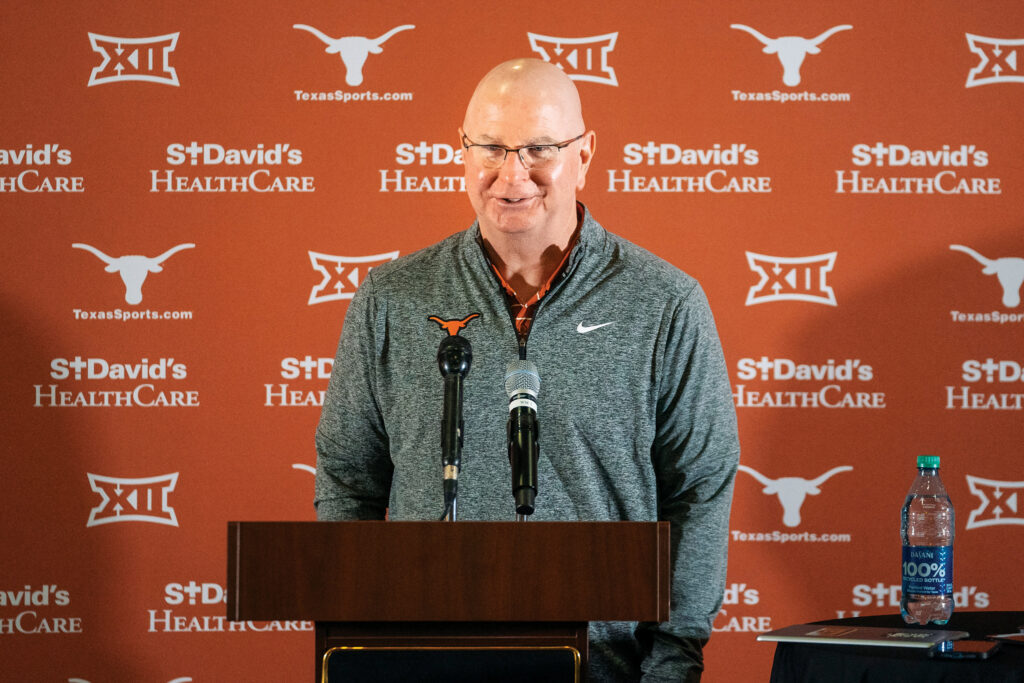
I assume everyone who competes for you wants to hear something about Phelps. What can they learn from him?
Well, there are so many things. The main thing is his attitude. Obviously, he had physical skills. Everybody thinks he was just born with, like, extra-long arms or something. Which, he has long arms! But it was a lot more than just that. The thing that made Michael great was just a willingness to work consistently, day in and day out, for very long periods of time. Michael trained 365 days a year for six years, one time. Did not take a day off. And I know that because I didn’t take a day off either. He was just willing to put in an amount of work that no one had ever done before, so that he could do things in the pool that no one had ever done before.
What else do you think you learned from Reese working alongside him over the years?
Eddie probably made me a better person than he made me a better coach. One of the great things I’ve learned from him is that swimming fast is a great thing. The way you do it is important. The lessons you learn while you’re trying to do that are important. But probably the most important thing is the person you’re going to be after you do all that.
My favorite thing that Eddie will do—and this actually happened in Indianapolis [at the 2024 NCAA championship]—the first night, we have these relays and everybody’s really uptight, because the meet’s starting, and you’re about to find out if your plan worked or not, or if your team is going to be swimming fast. And about 10 minutes before the relays go off, I can always count on having a pair of hands grab me on my shoulders from behind, and then I’ll hear that familiar voice say, “Is this almost the most fun you’ve ever had in your whole life?!”
Eddie will always say that to me, and when he does, that kind of lightens me up. You can always count on him for stuff like that to kind of put things in perspective.
You were 12 years old when Eddie started coaching at UT. Were you aware of him back then?
I was. Swimming World magazine was really the only way we had to know about swimming back then. I would read about the Texas teams winning NCAAs and the great swimmers that they had. I was very aware of it my whole career. It’s really very cool now to take a shot at it.
This interview has been edited and condensed.
CREDIT: Texas Athletics (3)

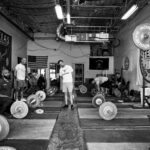

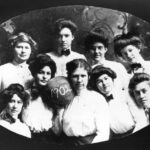




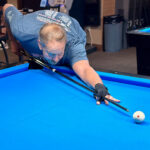





1 Comment